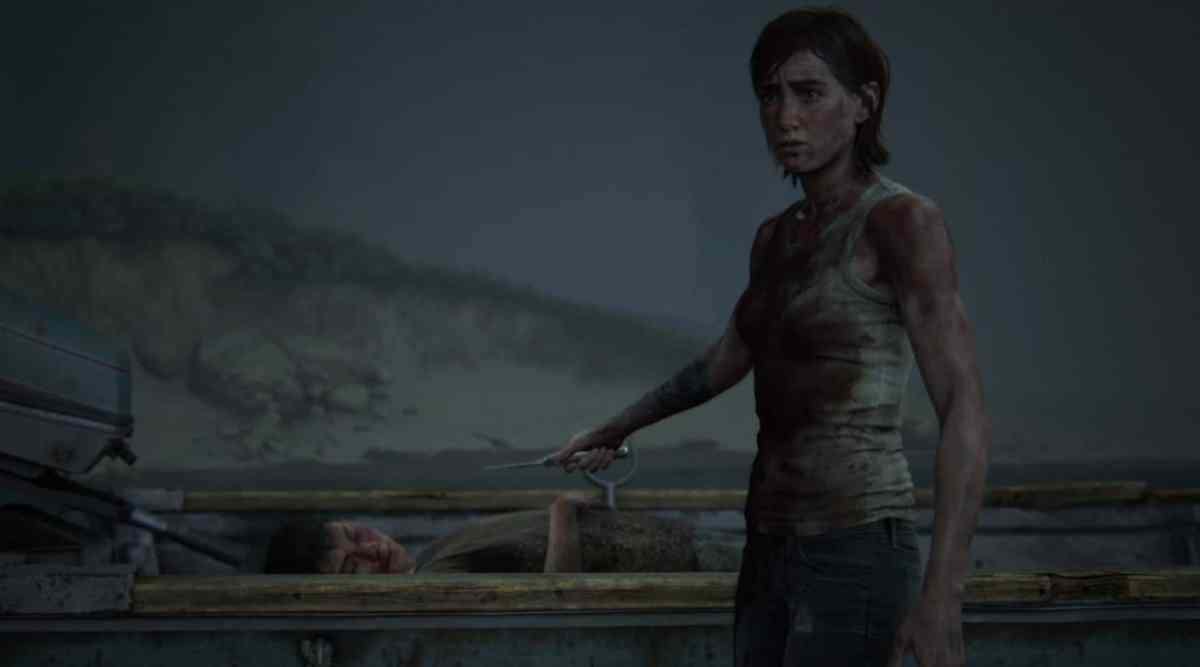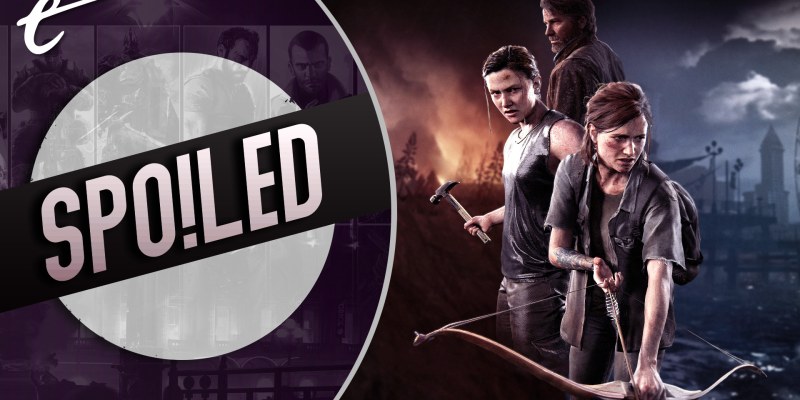It’s now been a year since The Last of Us Part II launched. At the time, the game got a… let’s call it a mixed fan reception, most of it centering around one character — Abby — and her actions. Now that we’ve had the benefit of time and our collective emotions have cooled, let’s look back on the events of The Last of Us Part II and whether the ending of the story makes the point it’s trying to make.
I went into The Last of Us Part II knowing that Joel was going to die. I’d read the leaked story synopsis (yeah, I know, I know), but I also just understood how a story like this is meant to go. For Ellie to grow up and take her place as the hero, Joel would have to exit the role — the parent making way for the new generation. And knowing Joel, I couldn’t see him stepping down as the protective father willingly. His violent death at the hands of new character Abby was not the way he’d have chosen to go, but it fit the world they lived in. This is not a world where people die quietly in their beds.
There’s not much Abby could do to solicit more hate from players than kill Joel. I would argue that the general reaction to Abby’s actions was the correct one: It’s supposed to make you angry and upset. I don’t think it’s any justification for sending death threats to an innocent actress, and I hope any of you who did that have straightened out. But that reaction in the non-extreme is what the game is aiming for.

The Last of Us Part II forces you to see the reasoning, however irrational, behind her decision to do so. You don’t have to like it, but the game will make sure you understand it. The way it does that is by making you walk a mile in her shoes. I freely acknowledge that this approach is risky, and mileage will vary on how effectively players actually sympathize with Abby. But at least I understood why she wanted to kill Joel, because it’s the same reason Ellie now wants to kill her.
So that’s the point of the game, the point of both games: You’re only a hero so long as you’re the one telling the story.
There are many gamers out there who still don’t like Abby, and that’s fair. Like I said, it’s a risky way to frame a story, and there was always the chance it wouldn’t drum up the necessary sympathy. At least the game took the risk in service of making its point.
Both The Last of Us and The Last of Us Part II are ultimately about the things we hope we would or could do and how, when it comes down to it, we couldn’t do them. For example, at the end of the first game, Joel realizes that his (for all intents and purposes) daughter’s death could save the rest of humanity. One would hope that they would have the courage to make the morally correct decision to sacrifice her in order to save billions of lives. But Joel can’t do it — and though it makes me unhappy with myself, I can admit that I wouldn’t be able to do it, either.

Similarly, when Ellie’s (for all intents and purposes) father is murdered in front of her, she is desperate for revenge. I’m sure any of us would hope that, if someone we loved were so brutally and pointlessly killed, we would take revenge (or seek justice, depending on your perspective) on the doers. Ellie’s quest is pure, directed rage. She’s not interested in knowing why they killed Joel or understanding Abby at all — even as both she and the player are forced to listen to the full story.
Ultimately, when it comes down to it, even when her revenge has cost her everything she has left, she can’t kill Abby. Not because she has any issue taking human life, but because she finally accepts that it wouldn’t help, nor would it bring Joel back. There comes a point when you have to make the effort to move on with your life, no matter how justified your pain or how deep your trauma. You could argue The Last of Us Part II didn’t get its point across in the most effective manner — but at least you understand that that was the point.
